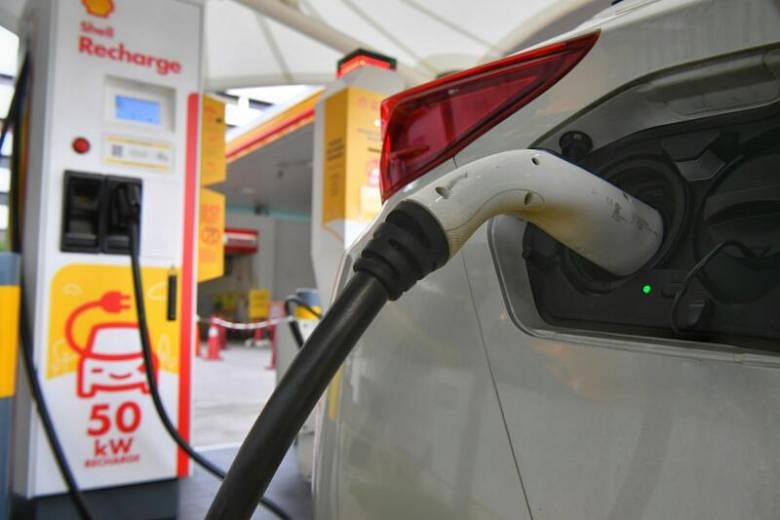SINGAPORE - Collaboration between government agencies, the community and financiers will be needed for Singapore to move closer towards carbon neutrality, Minister for Sustainability and the Environment Grace Fu said on Monday (Jan 25).
She noted that, as a small city-state, Singapore faces many challenges and constraints when it comes to sustainability efforts, such as the adoption of renewable energy sources.
But this has forced the Republic to think out of the box, said the minister, adding that Singapore's small size also allows it certain advantages.
"The advantage of Singapore is that, because of our smallness (we are) a lot more integrated. Our decision-making is also very comprehensive, and we'd like to think that we are very data-driven."
Ms Fu was speaking on the topic of building 'net zero' cities at the World Economic Forum (WEF) Davos Agenda 2021, a series of virtual sessions to discuss global issues.
Another panellist in the session moderated by World Green Building Council chief executive Cristina Gamboa was Mr Jean-Pascal Tricoire, chairman and chief executive of the French multinational tech firm Schneider Electric.
Mr Tricoire said one important step towards decarbonisation is to enable greater sharing of data between stakeholders such as building designers, contractors, utility providers and users.
This has been made possible only in recent years with the advent of Internet of Things sensors, big data, artificial intelligence and mobile tools, he said.
Ms Fu agreed, adding that the Singapore Government would like to obtain data from various systems to better understand Singapore's total carbon footprint. It will then be able to analyse different sectors, find the big emitters and set targets for specific sectors.
"We want to make those data transparent to the people," she said.
"Sustainability is not just the work of one single ministry or agency, it involves so many aspects of our lives that you need all parties to come together."
Citing Singapore's aim of adopting more electric vehicles for private and public transport, Ms Fu said electric charging points will need to be rolled out across the nation, which will in turn require collaboration and agreement between agencies and various communities.
This technological disruption will also create opportunities for investors and businesses such as car-sharing firms, she noted.
Also on the panel were Mr Jan Suykens, executive committee chairman at the Belgian diversified group Ackermans & van Haaren, and Mr Francesco Starace, chief executive and general manager of the Italian energy distributor Enel SpA.
Mr Starace gave a summary of some of the findings presented in the WEF's Net Zero Carbon Cities programme report, while Mr Suykens talked about the need to adopt a "lifecycle" approach to constructing infrastructure, that considers how the materials and space used can eventually be reused or adapted for future needs.


